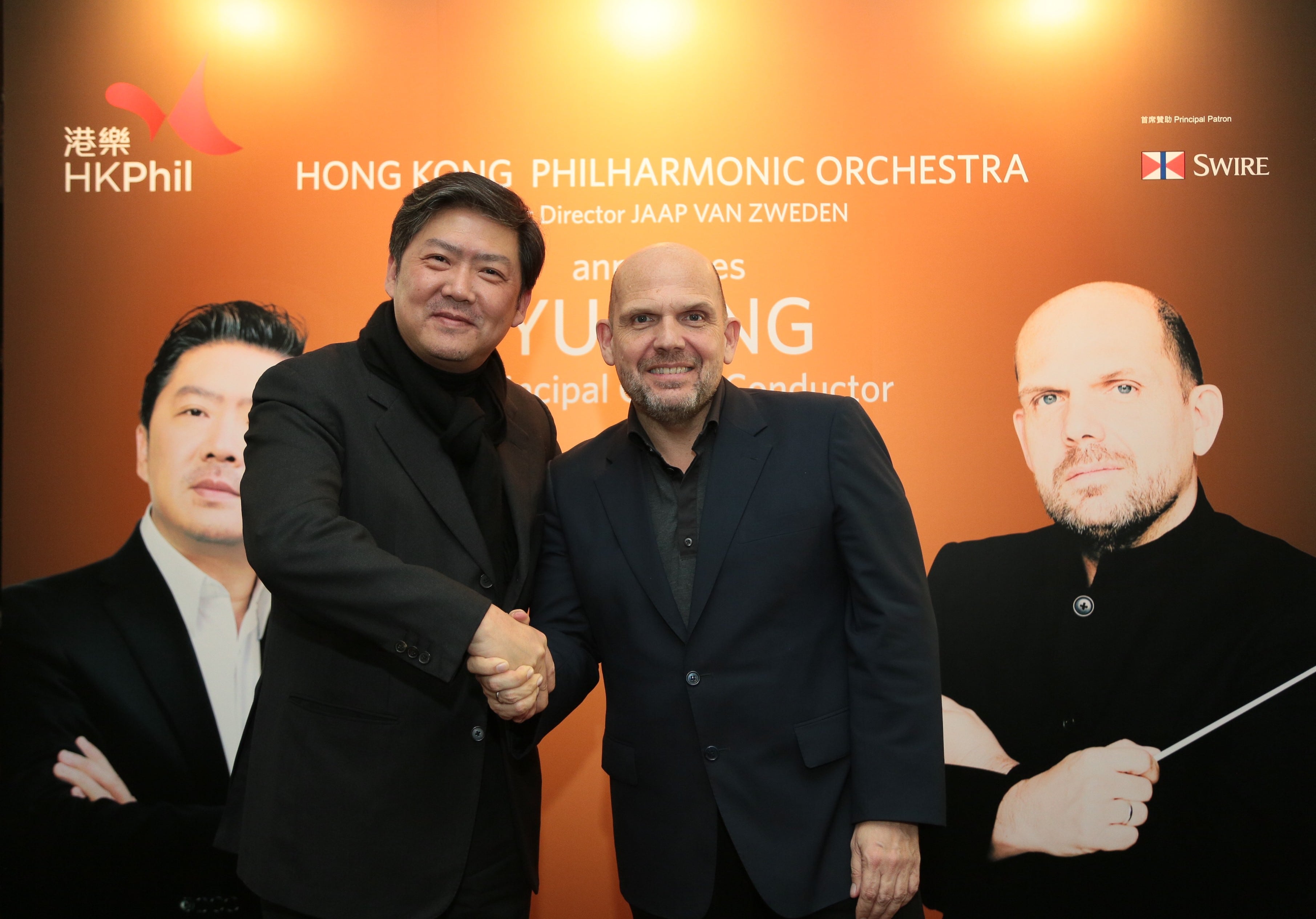The Times has a death notice for the former controller of BBC music Robert Ponsonby, who has passed away aged 92.
A charming, civilised conversationalist, Ponsinby he was running the Scottish National Orchestra when he won the race in 1972 to succeed William Glock, the BBC’s propagandist of modernism who left a minefield of bruised egos in his wake.
Ponsonby soon found himself on the wrong side of a corporate plan to reduce the number of BBC orchestras by half. The musicians duly went on strike. Ponsonby lost his job in 1985. The orchestras were halved anyway.
So it goes.
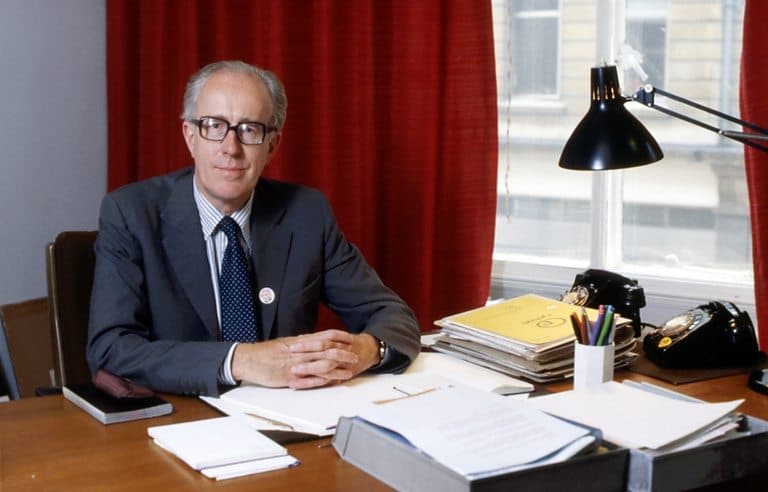
The town of Ulm owes its musical glamour to being the first to give Herbert von Karajan a job.
Its podium falls vacant next year for the first time in a decade when Timo Handschuh moves on.
The executive director’s mailbox has bulged with 120 applications. Women, however, are not that interested.
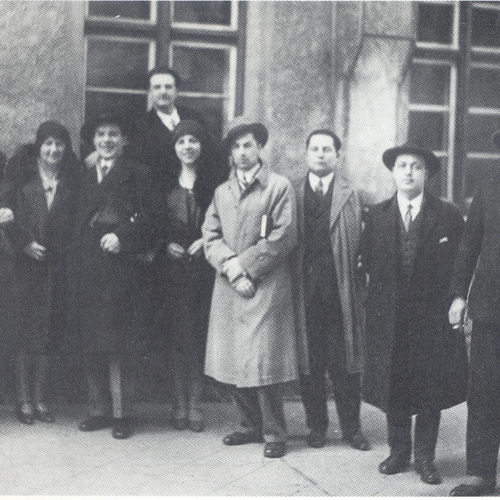
From the Lebrecht Album of the Week:
It can be good for an artist to take a break from a big label. The German counter-tenor Andreas Scholl has been recording faithfully for Decca for about a decade without ever giving an impression of calling the shots in his career. Yes, he left lovely tracks of Dowland, Purcell, Bach and Handel, but no more than you’d expect of someone as good as he is in the heart of his Fach …
Read on here.
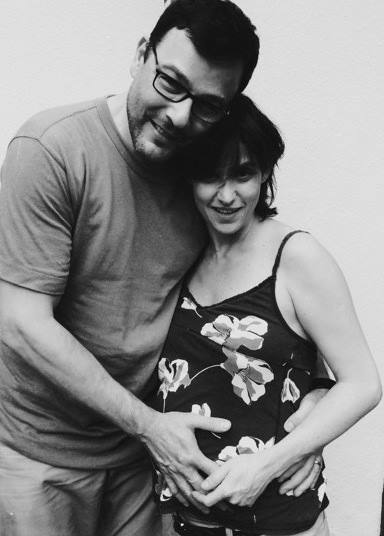
And here.
Hot topic on a cello chatsite:

While watching a Berliner Philharmoniker performance, I saw this on the cellist fingers. Anybody else does this?
ELIJAH
CBSO at Symphony Hall *****
Review by Christopher Morley for SlippedDisc/CBSO100.
Birmingham owns Mendelssohn’s Elijah. The oratorio, one of the undoubted choral masterpieces of the 19th century, was premiered at the Town Hall under the composer’s direction in 1846, and ever since that triumph both the city and the work have been synonymous with each other.
And no time more so than at the present. Last week the CBSO Chorus received an immense ovation when they performed it in Monaco with the Monte Carlo Philharmonic Orchestra under principal conductor Kazuki Yamada. Yamada is also principal guest conductor of the CBSO, to whom he brought the Chorus back home last night for a truly tremendous account of the work (never mind the fact that we over-ran 20 minutes more than the advertised length, this was bliss).
His conducting persuasive, supple, elegant and expansive, Yamada secured a reading which was at once dramatically paced and richly reflective. Julian Wilkins’ Chorus spat venomous diction as well as bringing warmth and devotion in their fear of the Lord, and balances between chorus and orchestra were exemplary, dynamics judiciously judged; my only cavil (don’t beat me up, chaps) is that the tenor tone thins out below mezzo-forte, but this can be worked on.
We also had an eloquent solo quartet. Keri Fuge brought an operatic fervour and frequent radiance to her numbers, Karen Cargill had an almost Lady Macbeth-like rabble-rousing interplay with the chorus, and Robert Murray brought much ardent sweetness to his contributions.
As Elijah Matthew Brook was simply outstanding. No stentorian stand-and-deliver Old Testament prophet here, but a portrait of a man vulnerable, capable of sardonicism when he taunts the followers of the false god Baal, and one full of self-doubt. His “It is enough” was heart-stopping, aided by Eduardo Vassallo’s mournful cello obbligato.
And all Vassallo’s colleagues in an on-fire CBSO brought Mendelssohn’s surprisingly operatic score to vivid life. What would it have been like to review the premiere of this amazing piece all those years ago. Bring me my Tardis.

This is Herbert Blomstedt last night, greeting every single player in the NHK Symphony after their concert.
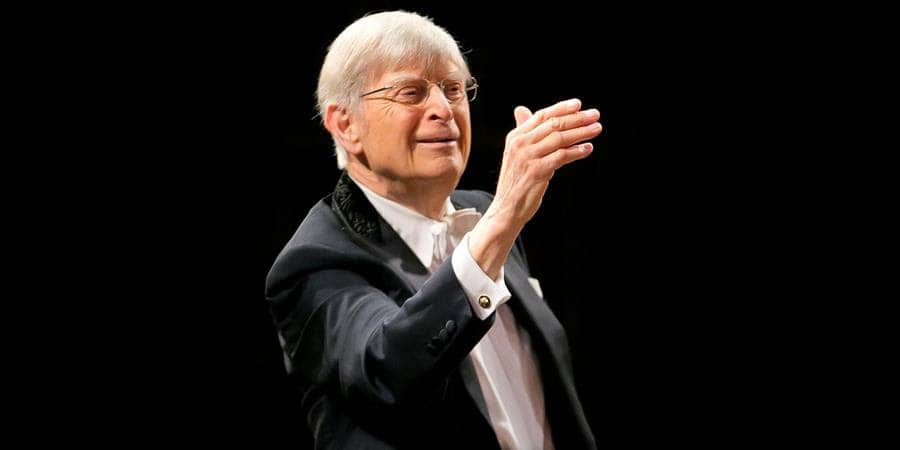
The Stadttheater in Klagenfurt, southern Austria, have called in the police after hackers gained access to its box-office at the end of October. Customers are being asked to check their bank accounts.
The theatre, which performs both opera and musicals, is a hub for Sondheim shows. The music director is Nicholas Carter.

The organising committee of next year’s Tokyo Olympics has issued a statement announcing that Placido Domingo has withdrawn from a Tokyo 2020 Nippon Festival performance ahead of the Games.
Domingo was said to have pulled out due to the ‘complexity’ of the concert, which conjoins opera and kabuki performances.
‘After thoughtful consideration I have made the decision not to participate in the kabuki-opera event due to the complexity of the project,’ Domingo was quoted as saying.

No reference was made to his recent difficulties.
The French president, visiting Shanghai, has set up a partnership between the China Philharmonic, conductor Long Yu, and the state-controlled Orchestre Philharmonique de Radio France, conductor Mikko Franck.
There will be exchanges of musicians, co-commissions and a joint concert in the Forbidden City.
All a bit reminscent of Henry Kissinger’s cultural diplomacy.
Long Yu has previously partnered with the New York Phil, but maybe that’s on the way out.
